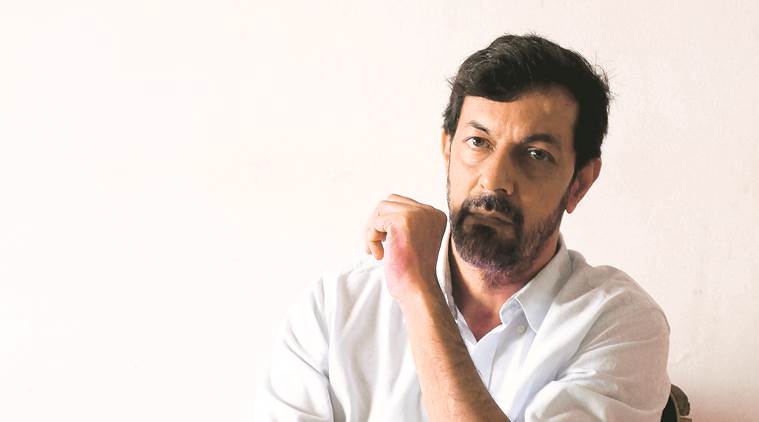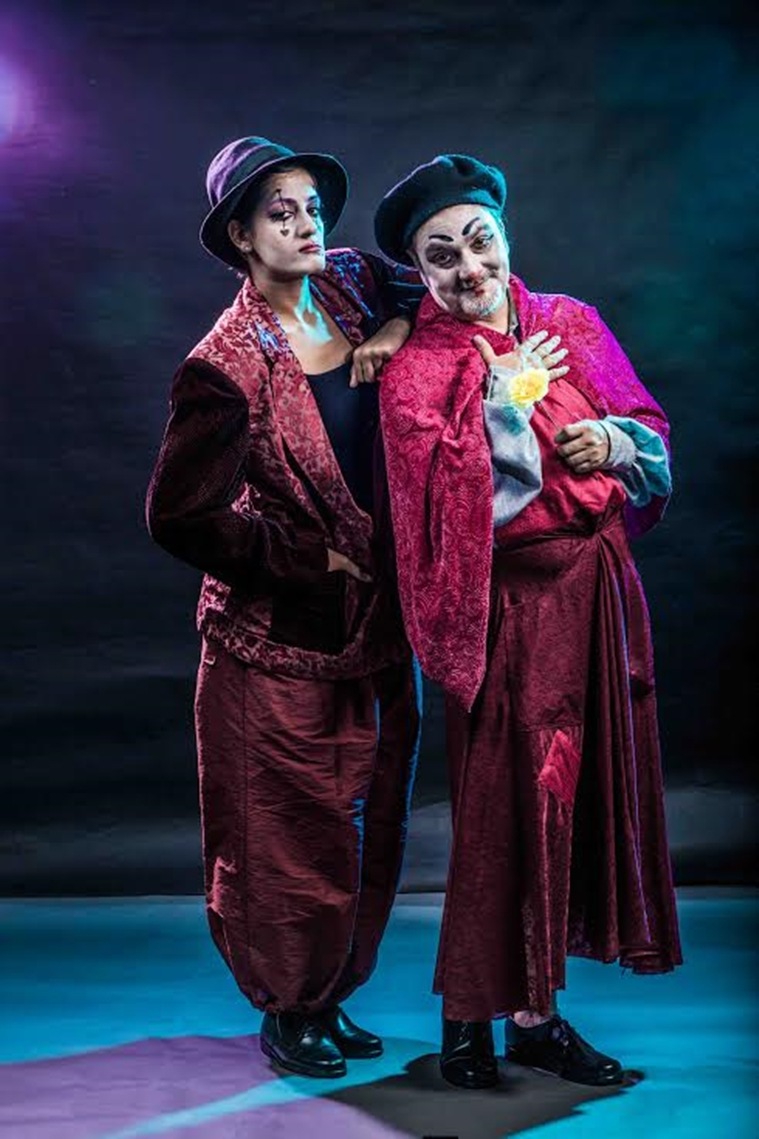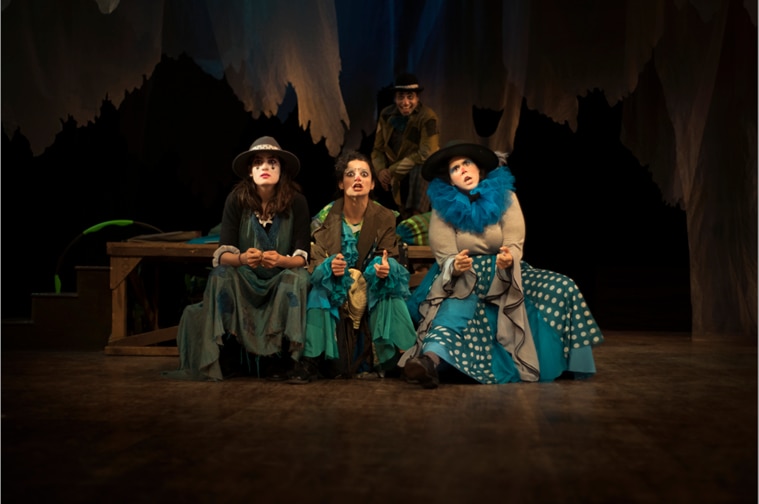We start without a script, even without any idea of where we want to go: Rajat Kapoor
Actor, writer and director Rajat Kapoor’s pursuit to interpret Shakespeare on stage continues with his latest production, I Don’t Like It. As You Like It. In this interview, he explains why improvisation is so crucial to his work and how acting is the easiest job in the world.
 Actor, Director, Scriptwriter, Rajat Kapoor (Express Photo by Amit Chakravarty)
Actor, Director, Scriptwriter, Rajat Kapoor (Express Photo by Amit Chakravarty)
You have recently opened two plays, What Is Done, Is Done, (based on Macbeth), and I Don’t Like It. As You Like It, (based on As You Like It). Why are they both with clowns?
Well, actually we were supposed to do only one — As You Like It. But when I started rehearsals, I realised there were about 20 actors who wanted to be a part of it. Obviously, all 20 could not be accommodated in one play. And that gave me the courage to attempt two plays. We knew it was very ambitious, but in the end, it worked out.
After exploring the world of clowns in C for Clowns in 1999, you have been working on adaptations of Shakespeare and improvising along the way. How has the journey been?
It is the process which is truly exciting. We start without a script — even without any idea of where we want to go. Sometimes, just an image. For instance, I knew I Don’t Like It. As You Like It would be with a troupe of clowns who are planning to stage As You Like It. The director of that play gets an idea that men should play women, and women, men. But beyond that, I had nothing. And we started rehearsals — read the text, tried clowning a little. Slowly, the play builds itself day by day.

It is interesting, but it is hell for the actors. Not only is there no script, the director is also refusing to guide them in any way. But the joy of it is unmatched — it is a truly collaborative process in every sense. When the play finally opens, and you find that the audience actually got what we were trying to chase, then the high is very special.
You have so far worked on tragedies. How did you choose a comedy this time?
See, there is no plan as such. I just do what excites me at that moment. As You Like It has interested me for the last 10 years — it was just about the timing of it. And now was the time, I suppose.
You have used forms like a cappella and glove puppetry this time. Was that a part of the improvisation process?
It evolved during the rehearsals. Cyrus Sahukar came up with the glove puppet. I had asked each actor to bring one prop from home. We did this for a few days. But the idea that the puppet might tell the story of the play, came much later into the rehearsal. The whole growth is pretty organic.
Your interpretation of As You Like It is also the most elaborate and colourful production you have attempted.
It is elaborate because we were opening on a big stage and we had to find means to belong there. As for being colourful, C for Clowns was really colourful. Then for the next three productions, I ran away from colour because colour kind of explodes in your face and becomes chaotic. With As You Like It we have come back to colour, but in a controlled way. It starts with very dull greys, and as they move to the forest, colours come into the play.

What fascinates you about this form of theatre?
Because it is a high, first of all. Also, I truly believe, if you already know what you want — then it is just about getting there. The journey is boring — and would be workmanlike. On the other hand, if you have no idea where you are going to land, but the journey is fun and eventful, then you land up in a place which was even beyond your imagination. And that is a real creation. At least that is how I look at it.
Do you see yourself moving on to something different?
Right now, we have Hamlet — The Clown Prince, Nothing Like Lear, What Is Done, Is Done and I Don’t Like It. As You Like It running. I won’t do a new play for another two, three or four years.

What Is Done, Is Done, which opened in Kolkata, is supposed to be very dark.
It is dark. Macbeth lends it that darkness, and we wanted to explore that — a world of greed, ambition and power. The play opens in June in Mumbai — after which it will have its own life — a long life, I hope.
Ankhon Dekhi was universally appreciated, what are you planning on directing next?
I am sitting on three scripts and waiting for the right producer. Let’s see how it goes.
You will next be seen acting in Kapoor & Sons and Mantra. As a writer and director, how do you view these acting assignments?
Acting is an easy job for me , it is stress-free. Somebody else is dealing with all the organisation, production and thinking. Your job as an actor is to just go there and do what you are told. Best job in the world.
Photos


- 01
- 02
- 03
- 04
- 05
























